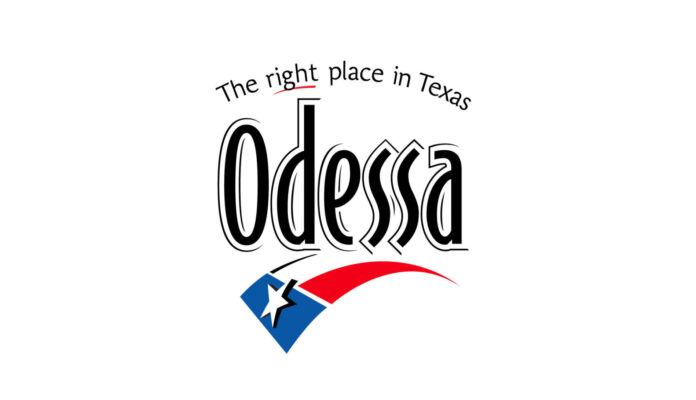The Odessa City Council on Tuesday was asked to consider allowing city paramedics – a projected $2 million investment – to help oversee a new booster vaccination effort expected to begin in about two weeks.
MCHS President and CEO Russell Tippin, ECISD Superintendent Scott Muri and representatives from the city’s fire rescue department took turns telling council during their work session, that it was time for the community to work together again to tackle the new wave of COVID-19 cases that is already overwhelming local hospitals and healthcare workers.
“Our hospital doesn’t have the staff (to operate another community-wide vaccination effort),” Tippin told the Council. “We need to look at the paramedics; we need the city’s help to run it.”
Council did not take any action during their Tuesday work session, but Councilman Tom Sprawls and Steve Thompson publicly pledged their support for the idea, which would involve paramedics dispensing booster vaccinations to the community.
“We’ve enjoyed our partnership last year and proved that we can get things done quicker by working together,” Thompson told Tippin.
Tippin said MCH, whose number of COVID patients increased to 85 today, is currently overwhelmed. MCH, like many hospitals throughout the nation, are severely short of critical care nurses, he said.
“The question has become, who is going to care for them,” Tippin said. “We’re getting 10 from FEMA (on Wednesday), but we have 74 openings.”
Tippin said the hospital tries to maintain a ratio of up to two patients per nurse, but currently that ratio is 4-to-1.
“It’s not safe anymore for the patients,” Tippin said.
Tippin said first responders will begin receiving their vaccination booster shots in two weeks, followed by the elderly and people considered high risk. Booster shots, which would be an additional shot of Pfizer or Moderna, would likely begin by November. Tippin and Muri said they envision another mass vaccination effort similar to the one held earlier this year at Ratliff Stadium.
City paramedics said they also have seen a noticeable increase in the number of COVID patients they’ve had to respond to. In July, 106 COVID patients had to be transported by ambulance to hospitals.




